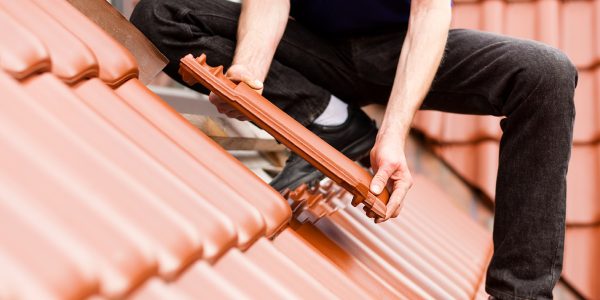
Thousands of audits and inspections each year
Independent experts carry out thousands of audits, tests and inspections every year to check whether the KOMO Quality Mark can be issued (and/or to determine whether there is continued compliance with the requirements). This adds up to more than 600.000 staff hours spent on specialist work every year! That’s very reassuring.


